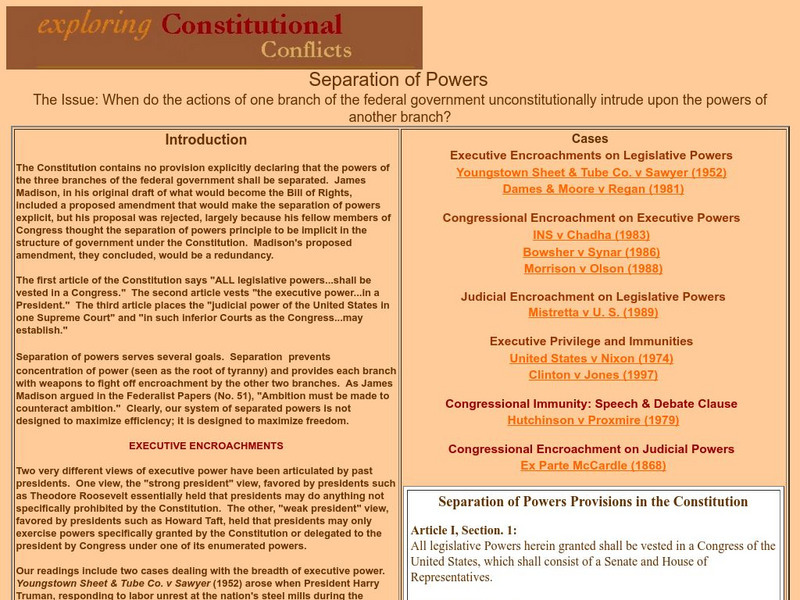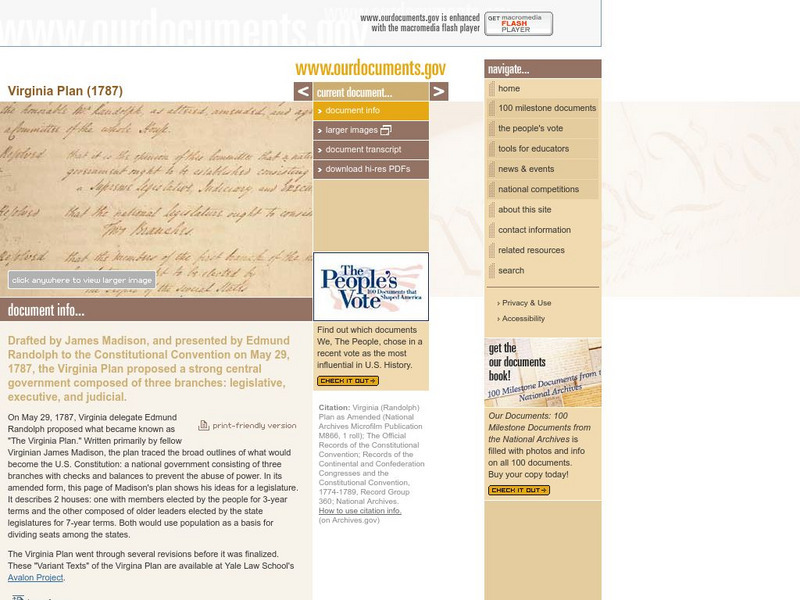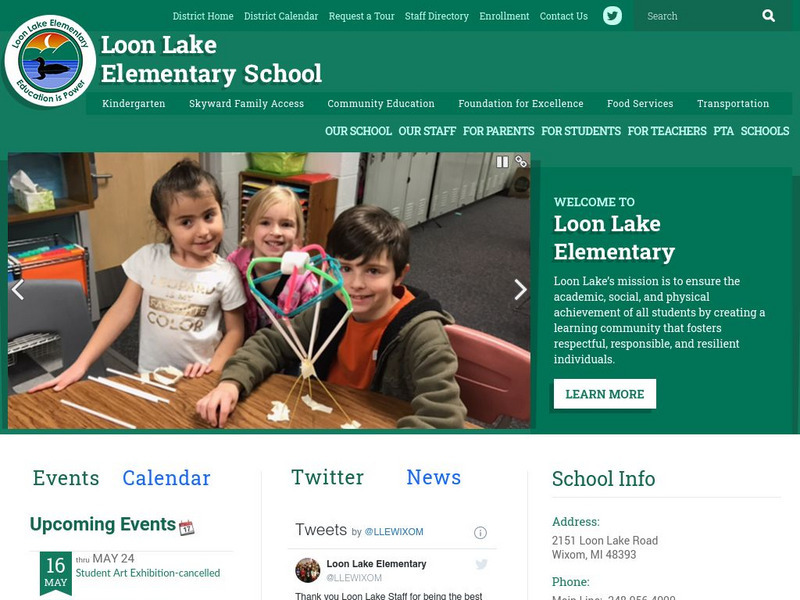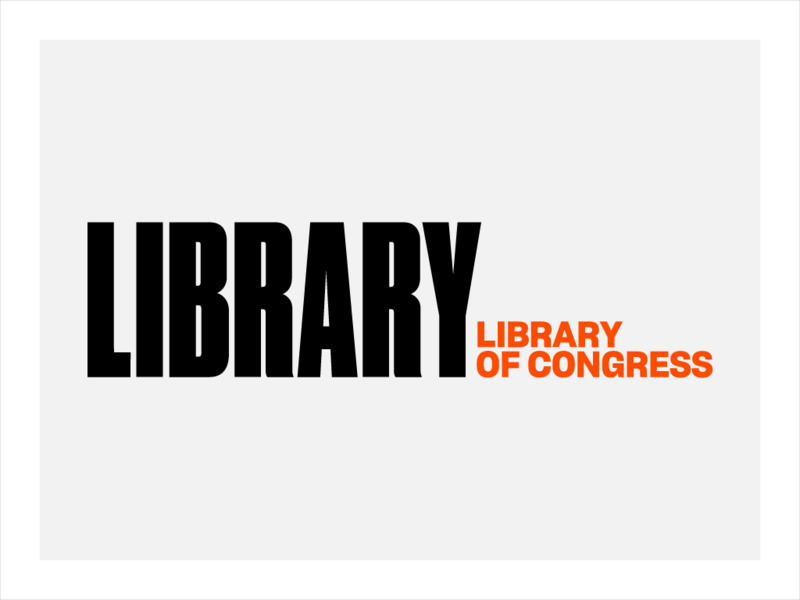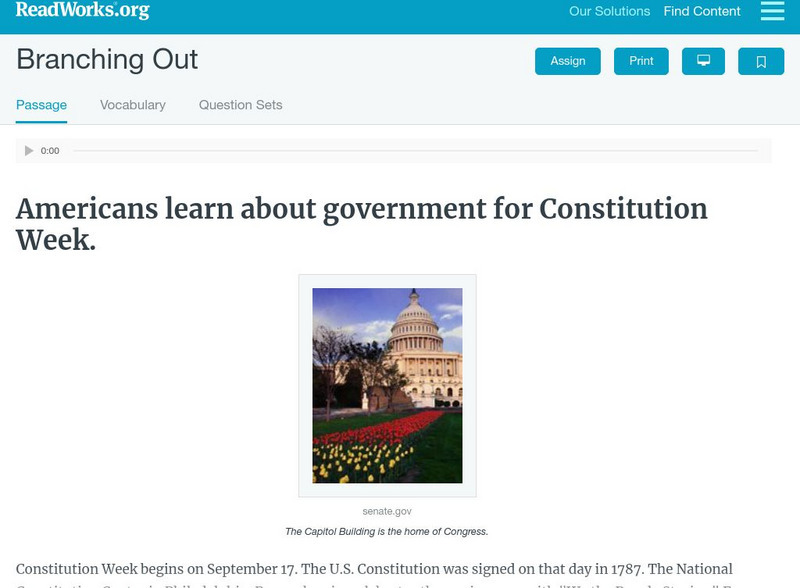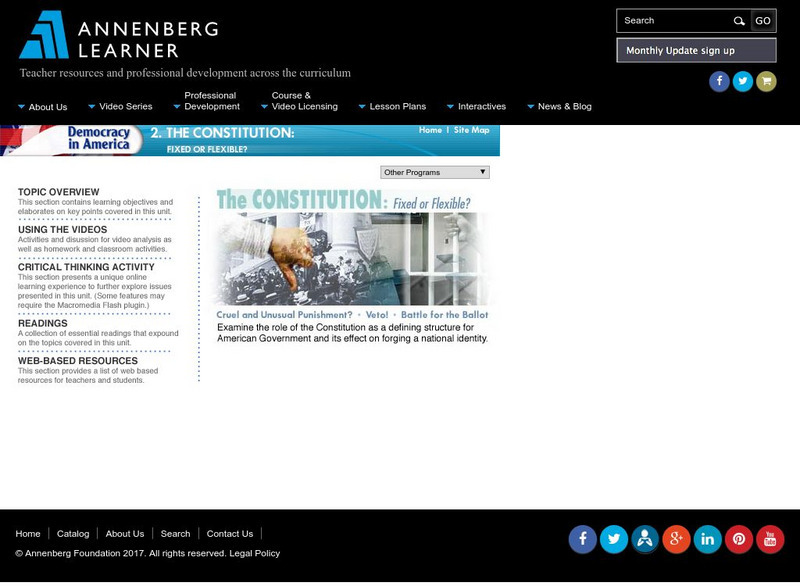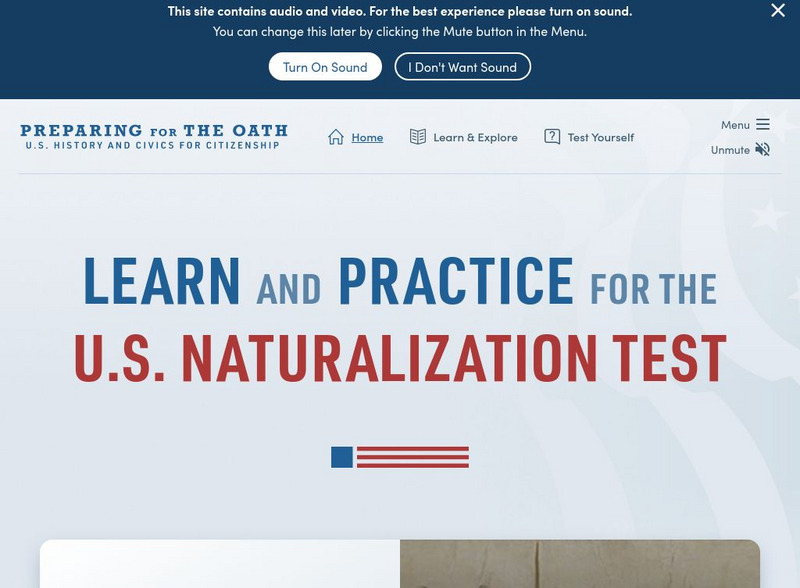iCivics
I Civics: Constitution Day Lesson Plan
This interactive lesson gives students a quick snapshot of the Constitution, including the purpose of each article, the powers of the three branches, how a bill becomes a law, and the concepts of separation of powers and checks and...
US National Archives
National Archives: Teaching Six Big Ideas in the Constitution
The Constitution can be broken down into 6 main themes: Limited Government, Federalism, Republicanism, Separation of Powers, Checks and Balances, and Popular Sovereignty. Young scholars will study background on the Founding Fathers and...
Siteseen
Siteseen: Government and Constitution: Branches of Government
This article contains a useful guide to the functions of the three US Branches of Government that make, enforce, or interprets laws.
University of Missouri
Exploring Constitutional Conflicts: Separation of Powers
When do the actions of one branch of the federal government unconstitutionally intrude upon the powers of another branch? This article surveys the history of this question in historic Supreme Court cases.
US Mint
United States Mint: Branches of Power
Save the federal government from Oppressor Sam, and learn about the US Constitution to restore the three branches of government.
iCivics
I Civics: Three Branches
A web quest looking at how a law gets passed as it moves through the three branches of the United States government: executive, legislative, and judicial. Each page has a question to answer, and a link to a site with information specific...
US National Archives
Our Documents: Virginia Plan (1787)
Read the complete text of the Virginia Plan that proposed a strong central government consisting of three branches. You can also view images of the original drafts.
iCivics
I Civics: The Constitutional Convention Mini Lesson
Students explore how the U.S. government was created in the years following the Articles of Confederation.
Walled Lake Consolidated Schools
Loon Lake Elementary: Branches of Government
A concise, organized table of information breaking down the three branches of government which govern the United States of America.
Digital History
Digital History: u.s. Constitution and Organization of the National Government
Read about the structure of the U.S. Constitution and the thoughts of the framers behind the formation of each branch.
Schools of California Online Resources for Education
Score: The u.s. Constitution Power Grab Game
Politicians like power, but who actually gets to use their powers in different situations? Take this quiz to sort out the checks and balances that are used on the various power plays.
ClassFlow
Class Flow: Government Glossary
[Free Registration/Login Required] In this lesson Activotes are used to access student's prior knowledge of the principles of the US constitutional government. Student knows the essential principles stated in the US Constitution-...
Scholastic
Scholastic: Role of the Supreme Court
This essay describes the power of the Supreme Court to 'check' the actions of both the President and Congress, with some historic documentation.
Library of Congress
Loc: The Constitution: Counter Revolution or National Salvation
Using primary texts and prior study of Colonial America and the Revolution, young scholars examine "what type of government would best represent the ideals of the American Revolution." Worksheets, discussions, and role-playing within...
Other
A Republic, if You Can Keep It
An essay by U.S. Congressional Representative Ron Paul of Texas on the state of the American republic delivered at the dawn of the twenty-first century. He argues for the strong separation of powers among the three branches of government...
iCivics
I Civics: Familiar but Flawed
This lesson plan highlights British influences on American government. Learn how America's Founders improved upon familiar structures of British government to contain tyranny in favor of liberty.
iCivics
I Civics: Three Branches: Laws in Action
Embark on his WebQuest to follow the path an idea takes to eventually become a law. Read a short description regarding the role of each branch of government and then answer a follow-up question using the link provided.
iCivics
I Civics: Constitutional Principles
The Founding Fathers created a government based on a set of fundamental principles carefully designed to guarantee liberty. This lesson lets students look at the Constitution from the perspective of its foundational principles and make...
OpenStax
Open Stax: Debating Democracy
By the end of this section of a chapter on "Creating Republican Governments," students will be able to explain the development of state constitutions, describe the features of the Articles of Confederation, and analyze the causes and...
Bill of Rights Institute
Bill of Rights Institute: Constitutional Principles
James Madison knew that a key challenge of maintaining just government was framing it in such a way that the government would be forced to control itself. How does a system of separated powers-and the checks and balances built into those...
Read Works
Read Works: Branching Out
[Free Registration/Login Required] Students read about three branches of government and their system of checks and balances. A question sheet is available to help students build skills in classifying and categorizing.
Annenberg Foundation
Annenberg Learner: Democracy in America: The Constitution: Fixed or Flexible?
This unit explores the timeless qualities of The U.S. Constitution, the opportunities to amend it, and how it is a pillar of the American identity, through these activities, videos, and outside resources.
The Dirksen Congressional Center
Congress Link: Lesson Plans
The Dirksen Congressional Center provides abundant lesson plans on all aspects of the US Congress and the US Constitution. All lessons contain time frames, objectives, and links to material, and are built around Bloom's taxonomy.
Smithsonian Institution
National Museum of American History: Preparing for the Oath: u.s. History and Civics for Citizenship
This site from the National Museum of American History, part of the Smithsonian Institution, is a great site for citizens and those learning to become citizens alike. Review the fifteen themes that deal with U.S. history and civics,...




